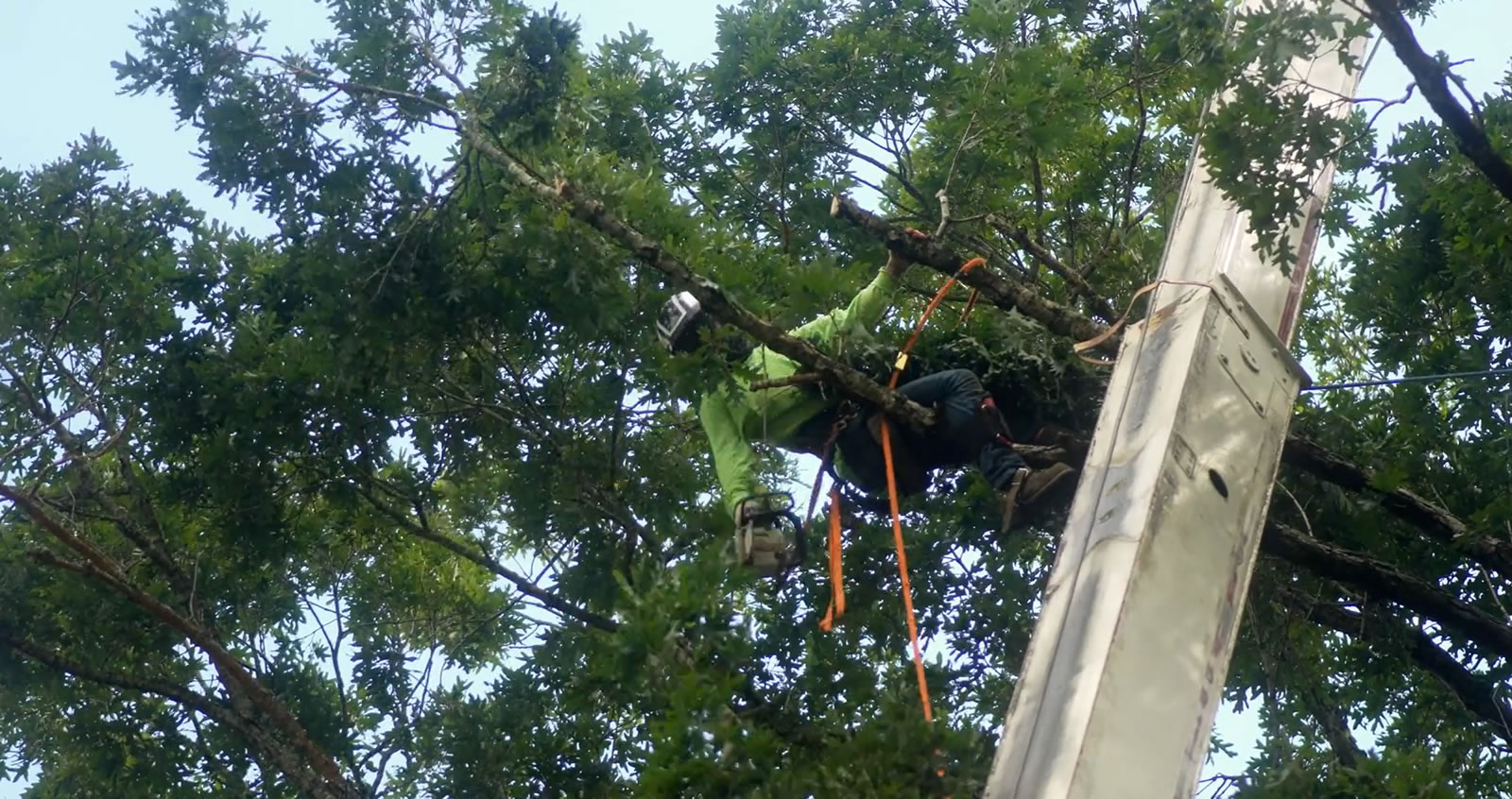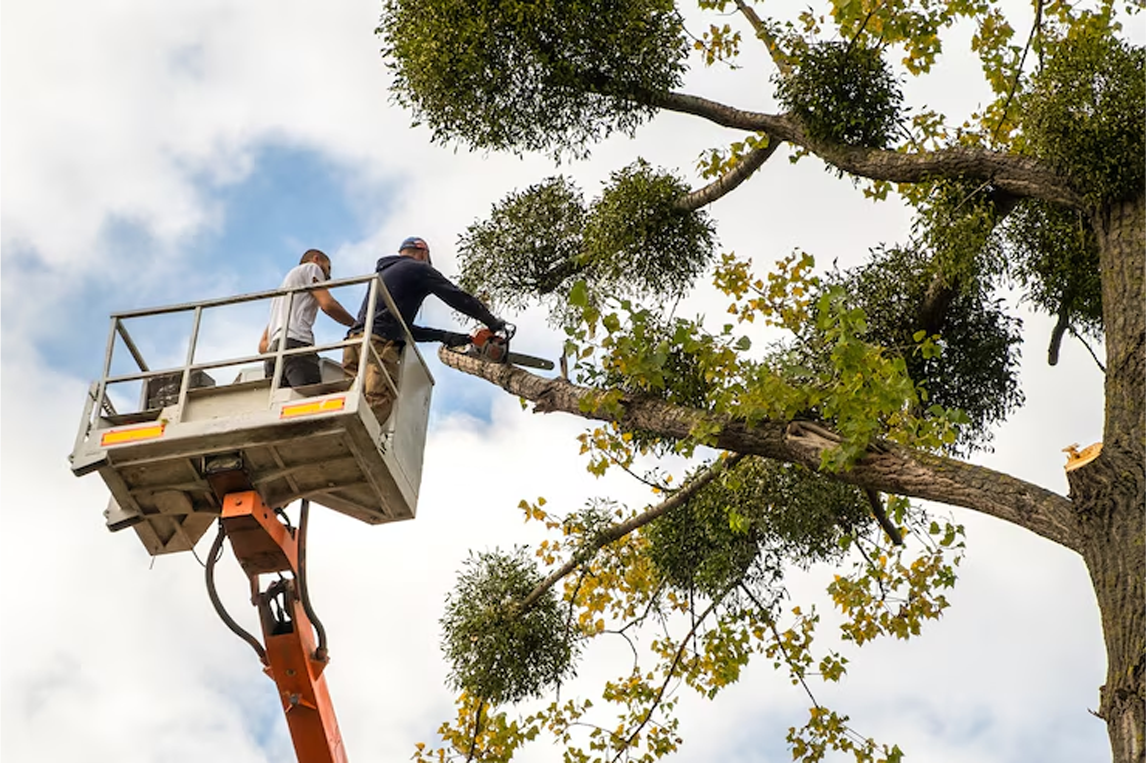At Southern Star Tree, we don’t just remove your trees—we make sure your property is left clean and clear. Our team handles all debris, including branches, leaves, and wood. If you’d like, we can also provide mulch or cut firewood upon request. When you choose us, you can count on thorough service from start to finish.


